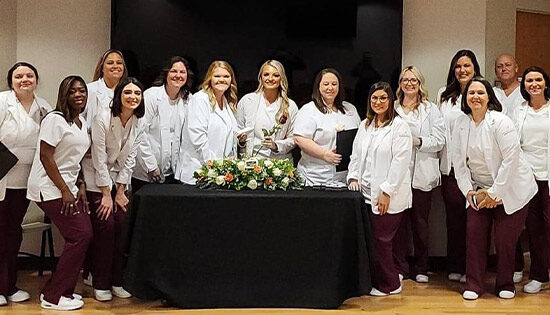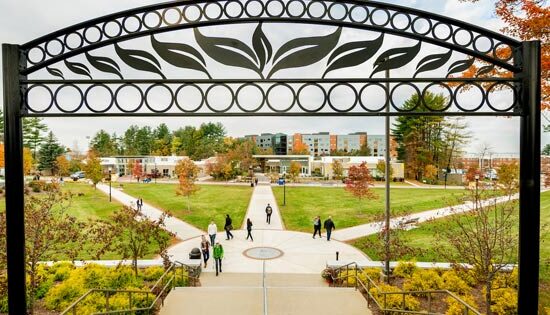 VALDOSTA, GA – The warmer temperatures, longer days and collections of standing water from recent heavy rains are all contributing elements of South Georgia’s most dreaded season—mosquito season. There’s no doubt that citizens have noticed the return of these annoying critters, but there are some things that citizens should know to get them through the weeks and months ahead.
VALDOSTA, GA – The warmer temperatures, longer days and collections of standing water from recent heavy rains are all contributing elements of South Georgia’s most dreaded season—mosquito season. There’s no doubt that citizens have noticed the return of these annoying critters, but there are some things that citizens should know to get them through the weeks and months ahead.
All governments are very limited as to what can be done to fight mosquitoes. There are regulatory, health and environmental factors, as well as the realization that mosquitoes are part of the natural biological ecosystem in our area and most all areas. The City of Valdosta uses the reasonable resources that are available to protect its citizens from mosquitoes through a targeted adult spraying and larvicide program. The Public Works Department operates a spraying program on a five or six day spray cycle throughout the city limits beginning in early March each year. However, it is important to note that spraying cannot be performed while it is raining or when winds are over 5 mph.
When and where to spray is determined by several factors such as count levels, recent wet weather and imminent virus or disease threat. The city does not spray every day of the mosquito season; rather it responds with immediate and intensive spraying in the areas of the city indentified as having a larger population of mosquitoes. Also, the city can only spray along public streets, which constitute less than 1% of the land area of the city. Therefore, spraying of mosquitoes is only effective along the public roadways and in killing some adult mosquitoes.
Mosquito control is most effective when private property owners take measures to control the mosquito population on their properties. Perhaps the most important action citizens can take to reduce the mosquito population is to remove standing water from around their homes and places of work. Since the city can only spray in public areas and on public streets, it is important for citizens to follow these few simple tips to prevent mosquitoes from breeding and biting:
- Dispose of items around your property that collect water. Breeding sites are not always obvious and may be areas of standing water, such as a bird bath, flower pot or an old tire. However, these sites may be producing hundreds of new mosquitoes each day in your area.
- Use larvicide where standing water cannot be removed. Free larvicide tablets are available to city residents at the City of Valdosta Public Works Department, at 1017 Myrtle Street, weekdays from 8 a.m. to 4 p.m.
- Stock ornamental ponds with mosquito eating fish.
- Clean and chlorinate swimming pools, outdoor spas, saunas and hot tubs; keep them covered when not in use.
- Clean out clogged gutters.
- Eliminate weeds and tall grass, and keep lawns closely mowed, as these also become mosquito breeding sites.
- Use insect repellent containing DEET when outdoors. The CDC also recommends repellents that contain the chemical Picaridin and oil of lemon eucalyptus.
- Protect yourself by wearing light-colored clothing, as well as tightly-woven long pants and long-sleeved shirts when appropriate and when you are outdoors during times that mosquitoes are most active.
The best results are achieved by adopting a mosquito control program that implements more than just one of the steps identified above. If you have neighbors in close proximity, where possible, discuss your mosquito control plan with them, as it could be mutually beneficial if they implement effective mosquito control techniques also.
Since 2001, the city—along with Lowndes County and the South Health District—has maintained a joint mosquito surveillance program, working with Valdosta State University staff. Mosquitoes are collected with strategically located traps throughout the city limits, and then classed and typed. This program, one of the only programs of its type in the region, provides data on vector and virus activity to local, state and national health agencies and helps public officials know if a human risk is present. The data also helps the city in reducing the mosquito breeding before it becomes a public health problem.
As citizens, we all understand the inconveniences that the mosquito season brings. The Public Works staff will continue to monitor mosquito activity throughout the city limits and maintain its targeted spraying and larvicide efforts to control the mosquito population.
Source: City of Valdosta











